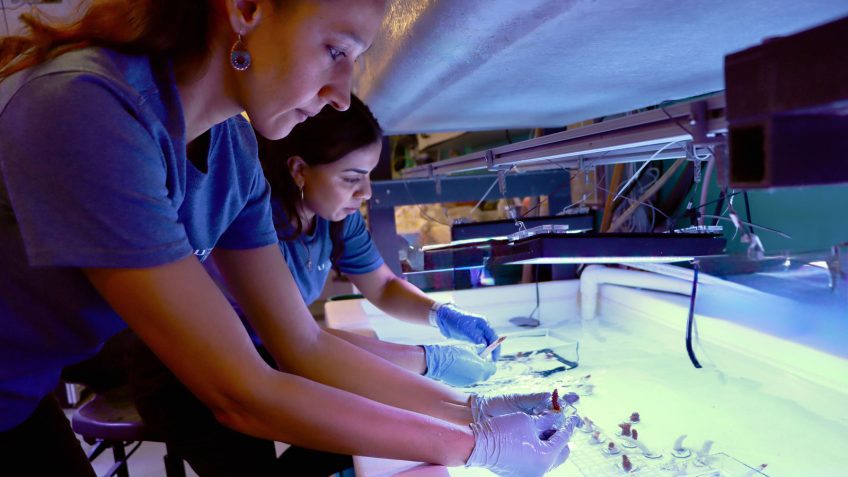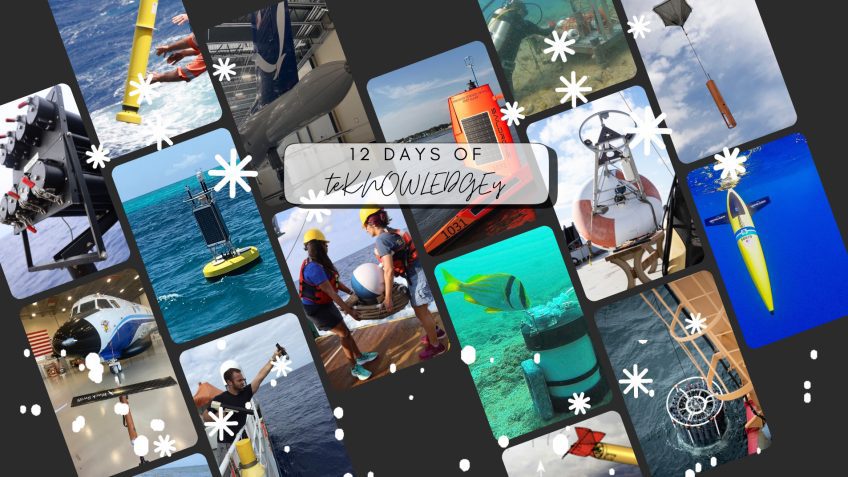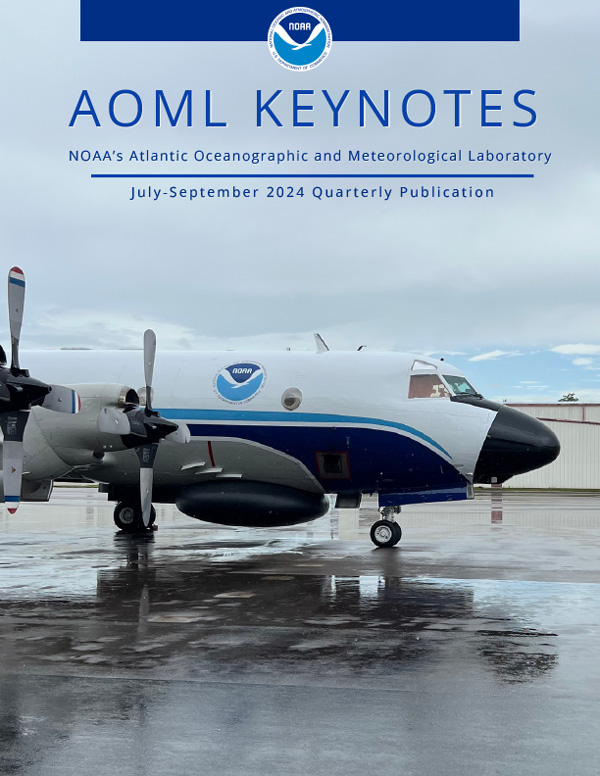New study indicates Stony Coral Tissue Loss Disease may be inhibited by warmer waters
Stony Coral Tissue Loss Disease (SCTLD) is the deadliest known coral disease to species with a hard skeleton (i.e., Scleractinians), causing rapidly-expanding, bare lesions to form across a coral’s skeleton until there is no more living tissue. The pathogen or microbes leading to the spread of this disease have yet to be identified. Yet scientists […]










